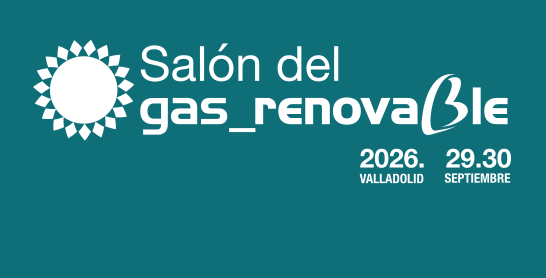Chevron, Microsoft among firms to develop US BECCS project
The BECCS plant in Mendota will convert agricultural waste biomass, such as almond trees, into a renewable synthesis gas that will be mixed with oxygen in a combustor to generate electricity.
More than 99% of the carbon from the BECCS process is expected to be captured for permanent storage by injecting CO2 underground into nearby deep geologic formations. By using biomass fuel that consumes CO2 over its lifetime, and then safely and permanently storing the produced CO2, the process is designed to result in net-negative carbon emissions, effectively removing greenhouse gas (GHG) from the atmosphere.
When completed, the plant is expected to remove around 300,000 tons of CO2 annually, equivalent to the electricity use of more than 65,000 US homes.
“Chevron is helping to advance a lower-carbon future,” said Bruce Niemeyer, Chevron’s vice-president of strategy and sustainability.
“We look forward to leveraging our experience working in California, building projects which can be repeated and operating large-scale CCS operations. The project is aligned with our focus on investments in low-carbon technology to enable commercial solutions.”
The completed facility will help improve air quality in the Central Valley by using approximately 200,000 tons of agricultural waste annually, in line with the recent California Air Resources Board plan to begin phasing out almost all agricultural burning in the Valley by 2025.
Scott Guthrie, executive vice-president, Cloud + AI, Microsoft, said: “There’s tremendous opportunity to use cloud technologies in the energy sector to help accelerate the industry’s digital transformation.
“Innovation at this scale is accelerated by our strong relationship, as we work together to help provide a sustainable and clean environment for local communities.”
“We’re pleased to have strong partners join our efforts to address the challenges of climate change, improve air quality in the Central Valley and make a vital contribution to the local economy by restarting an idled biomass plant,” said Keith Pronske, Clean Energy Systems president and CEO.
The project is expected to create up to 300 construction jobs and around 30 permanent jobs once the facility is operating. Front-end engineering and design is expected to begin immediately, leading to a final investment decision in 2022, and then will evaluate other opportunities to scale this carbon capture and sequestration and sequestration solution.
















